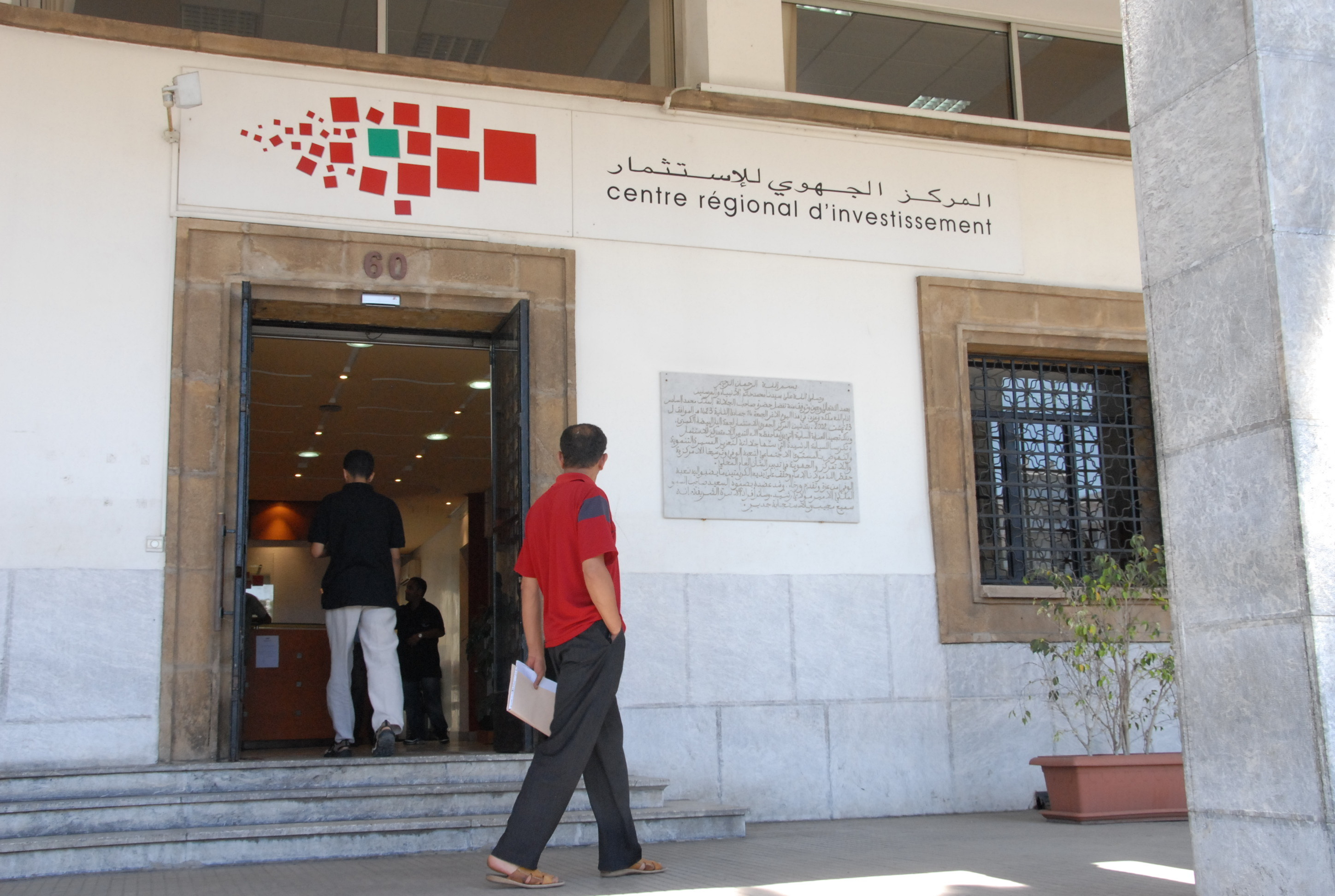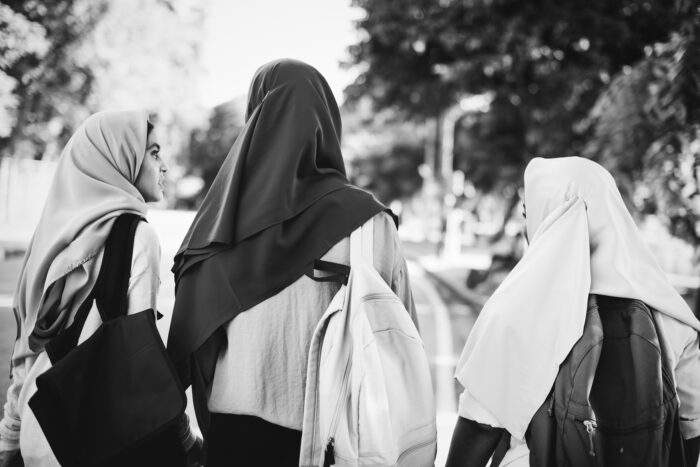According to the latest data from the Ministry of Foreign Affairs, there are 5.1 million Moroccans living abroad. This figure, which represents about 15% of Morocco’s population, could increase when considering those who live abroad but are not registered with consulates, as well as those born in Morocco and later expatriated. As a result, the global Moroccan community could be as large as 6 million people, according to estimates from the Economic, Social, and Environmental Council (CESE).
Among these expatriates, many of whom are the children or grandchildren of immigrants, a growing number now aspire to take the reverse path of the first generation who emigrated in the 1960s. They seek to settle in Morocco and escape a « stressful » political climate and « racist and Islamophobic rhetoric that undermines morale, » as described by Ghizlane, a 27-year-old French-Moroccan currently job-hunting.
« I had already come to Morocco to work between 2015 and 2017. That experience made me fall in love with life in Morocco. I had to return to Troyes for health reasons, but now I’m seriously considering coming back for obvious economic, social, and political reasons, » she explains. Ghizlane even says she is willing to accept a lower-paying job than in France; for her, the most important thing is having a better quality of life.
« The return was a harsh reality check: the rise of fascism, racism, social inequalities, and police violence…”
Fatima shares the same feeling, with her parents having immigrated to France in the 1960s. At 47, she also had a four-year professional experience in Morocco before returning to France in 2018 for personal reasons.
« I’ve always lived in France, except for those four years in Morocco. And I have to say, coming back was a harsh reality check: the rise of fascism, racism, social inequalities, and police violence, » says the journalist, describing a « very intense post-return blues. »
We’ve received dozens of similar testimonies, all sharing a common theme: the desire to escape a deep societal malaise that is driving expatriated Moroccans to reconsider their choices and explore alternatives.

A better life
But beyond the desire to escape these tensions, the drive to improve their economic situation frequently comes up as a reason among Moroccans abroad who aspire to a better financial and professional future.
These individuals, often victims of stigmatization and essentialization, “are reduced to stereotypes and invariably brought back to their origins, regardless of their background,” explains Yassine Ben Mokhtar, a political science PhD candidate at the International University of Rabat.
For these people, it becomes increasingly difficult to find a job, access positions of responsibility, or start their own business. Morocco then becomes a preferred option.
« I immigrated to the Netherlands in 2002, became naturalized since then, got married, and had two children who are now 18 and 21 years old. Now, I think I’ve saved enough money to return to Morocco and enjoy time with my family, » says Omar, a Moroccan-Dutch father who is preparing to return to the kingdom after 21 years of loyal service at a food industry company in the Dutch capital.
“Today’s Morocco is clearly not the one I left behind twenty years ago”
Driven by a deep cultural attachment, he says he wants to « contribute to the development of his country of origin, » which now offers « great investment opportunities, » by opening his own restaurant. « Today’s Morocco is clearly not the one I left behind twenty years ago. I hesitated for a long time to return because my children were young, and I worried about their future. They are old enough now to make their own choices, and there’s nothing better than the warm atmosphere of the country, » he explains.

From words to actions
In the media and on social networks, this desire to return is clearly evident on the other side of the Mediterranean. This is demonstrated by the Facebook group “I’ve Decided to Settle in Morocco,” (« J’ai décidé de m’installer au Maroc ») which has no fewer than 150,000 members, most of whom are expatriate Moroccans (MRE), sharing their experiences and advice on the journey of returning to the kingdom. There’s also the Instagram page “Living in Morocco” ( “Vivre au Maroc”) with 8,000 followers, where tips and tricks are regularly shared.
However, this apparent desire to return is partly fueled by “the political instrumentalization that has become contagious and the anxiety-inducing atmosphere dominating public debate in Europe,” explains Driss El Yazami, president of the Council of the Moroccan Community Abroad (CCME). He adds a note of caution: many conditions must be met to move from the desire to action.
“The cultural gap is a real obstacle for some individuals, as the Morocco of vacations is very different from the Morocco of everyday life, and this must be taken into account”
According to him, achieving such a goal depends on several factors: professional situation, marital status, social ties on both sides of the Mediterranean, as well as employment opportunities and the quality of life sought in Morocco.
Hence the importance of “proper preparation and taking into account the radical changes that can sometimes occur in daily life,” emphasizes Jamal Belahrach, president of « Maison de la Diaspora », an association dedicated to supporting members of the Moroccan diaspora who choose to return temporarily or permanently to Morocco.
“When we are approached, we place a lot of emphasis on this aspect of preparation because we want the return to be a success. The cultural gap is a real obstacle for some individuals, as the Morocco of vacations is very different from the Morocco of everyday life, and this must be taken into account,” he explains.
Mission accomplished
While the path back home for members of the Moroccan diaspora can be fraught with challenges, many have successfully overcome this and are far from regretting their choice. This is the case for Hakim, a young IT consultant who moved to Morocco three years ago, joining the Moroccan branch of an international consulting firm in Casablanca.
« The COVID crisis was the turning point for me. I spent the lockdown alone in a small studio in Paris, far from my family, and it was very difficult to endure. When I was offered a job in Casablanca, I didn’t hesitate. Having my own apartment, a car, and sunshine year-round was a luxury for me, » he recalls.
At 32, the young man from Bordeaux is about to start his own business, an entrepreneurial venture he likely would never have attempted in France. « My parents emigrated in the early 1980s to offer us a better quality of life. I grew up and studied in France, and I am very grateful for that, but opportunities are limited for people like us there. I would have remained an employee my whole life. In Morocco, we are trusted and doors are opened for us, » he says happily.
« I’m going to launch my web development agency in a few weeks. My team is 100% Moroccan, and I already have clients locally. I’m very proud to be part of the Moroccan ecosystem. Today, the best future is here, » Hakim believes.
Initially, he returned alone, but he was soon joined by his parents, who are happy to return to their homeland after decades of hard work. His younger sister, who is still pursuing her university studies in France, is also tempted to follow the same path.
Exploring as a Family
Beyond a strategic choice, it was primarily the sense of belonging, the desire to return to a more welcoming, familiar environment, and the freedom to practice their religion that prompted Myriam’s family to return to their homeland five years ago: « My father is a Belgian convert, and my mother is Moroccan. We never had issues when we were younger, but as we grew up, we were struck by the looks and judgment of others. The rise of Islamophobia made our daily lives difficult. Since my sister and I started wearing the hijab, we no longer felt truly at home. »
In 2019, during their vacation in Tangier, Myriam’s parents decided to invest in real estate and settle permanently in the city. The family also founded the real estate agency Immo Monfort, specializing in property brokerage in Tangier, and they plan to expand their operations to Marrakech or Casablanca. « In Morocco, it’s different. People are warm and respectful, and I no longer worry about how others look at me. I missed being able to go unnoticed, » the 24-year-old tells us over the phone.
Myriam doesn’t hide her enthusiasm for the future, despite the challenges faced during her first few months in Morocco and while launching the family business. « The investment opportunities here are enormous, and we feel so useful when we help create jobs and wealth in Morocco. But it’s true, it’s not always easy, » she admits, referring to the administrative confusion, long procedures, and lack of clear information.

Tailored support
Co-founder of a corporate psychology training center in France, Sara Tamimy decided in 2020 to expand her activities to Morocco. After a few projects, she realized the complexity of the Moroccan ecosystem and the difficulty of obtaining reliable and relevant information. « We’ve noticed a general desire among Moroccans living abroad to return to their country. Morocco has transformed, and subconsciously, we are taking the same path as our parents, but in the opposite direction, to offer a better life for our children, » she explains.
Sara Tamimy launched MRE Business Company, an agency that offers tailored training for those who have decided to leave their host country to start a business in Morocco. Since its launch in 2023, the agency has already supported over a hundred entrepreneurs in developing their businesses across various sectors, including craftsmanship, event planning, new technologies, and construction.
« These entrepreneurs mostly settle in the Marrakech and Casablanca regions. Our goal is to connect them with reliable institutions and suppliers, especially those interested in exporting, » says the young woman, who is preparing to organize a conference in June 2024 in Marrakech. The event will bring together future entrepreneurs from the diaspora and various stakeholders in the Moroccan ecosystem to optimize information gathering and showcase new investment opportunities in the kingdom.
*The names have been changed
Written in French by Safae Hadri and Leila Chik, edited in English by Eric Nielson




